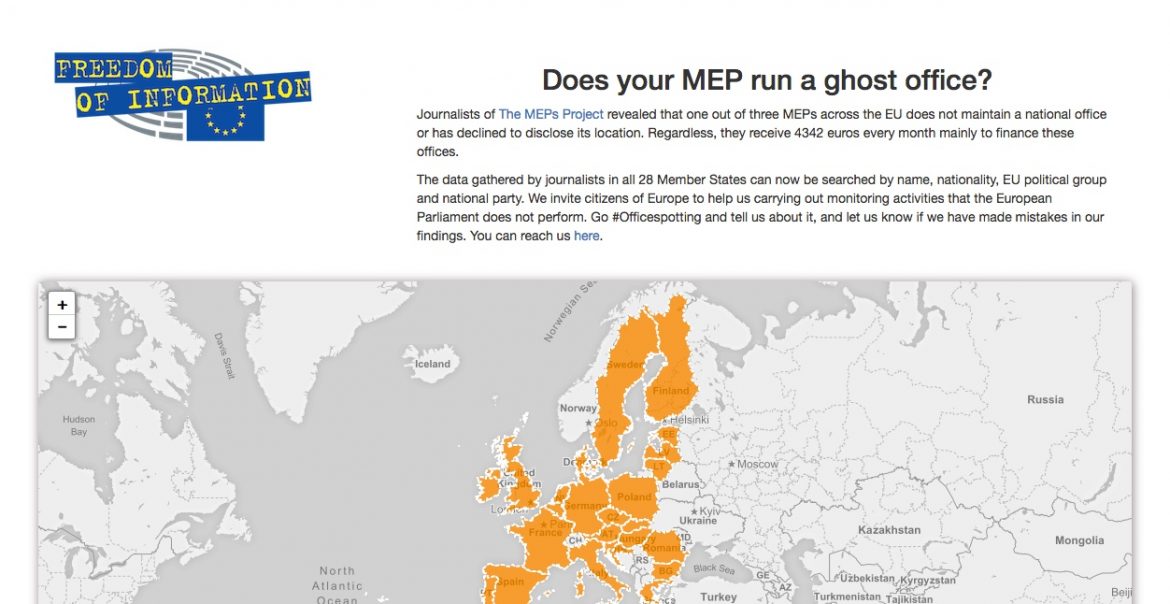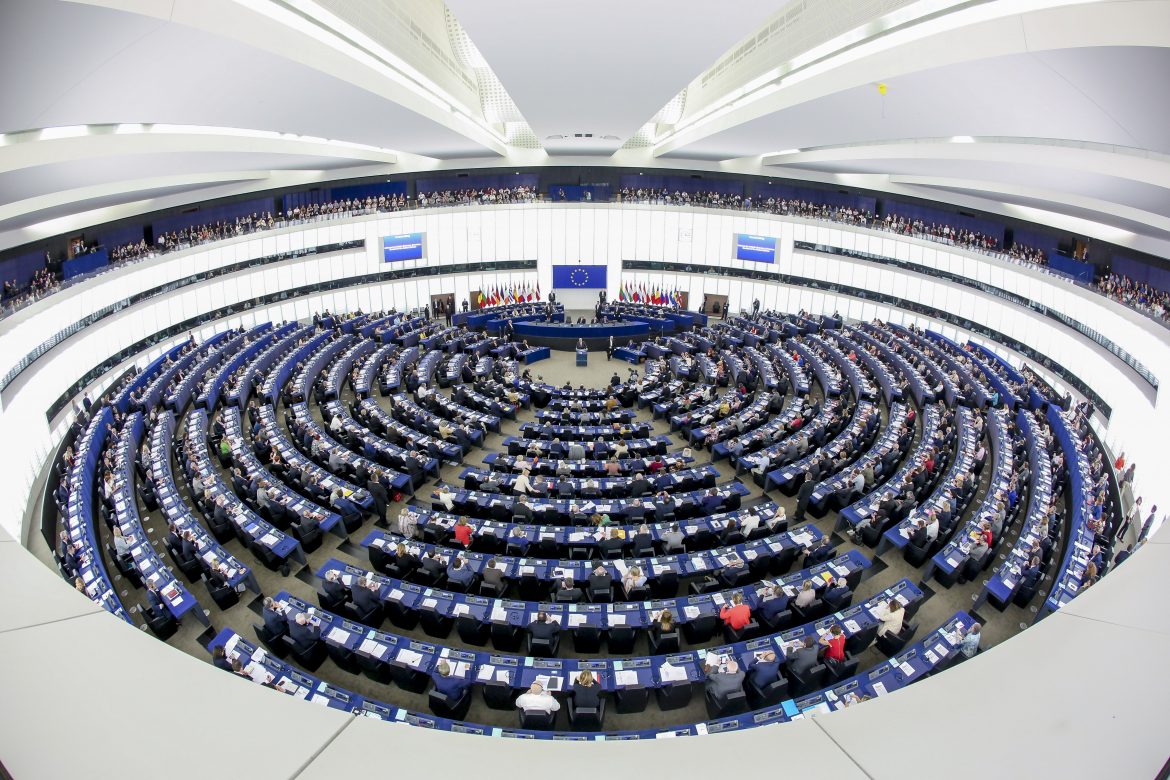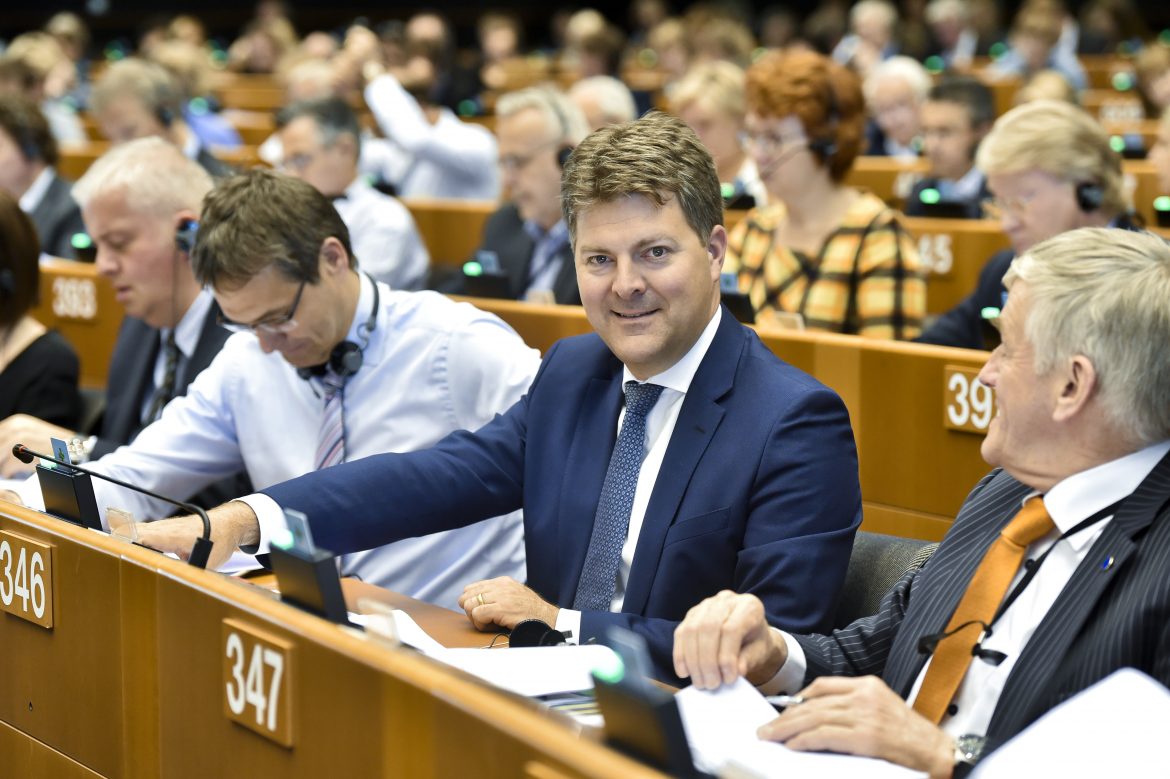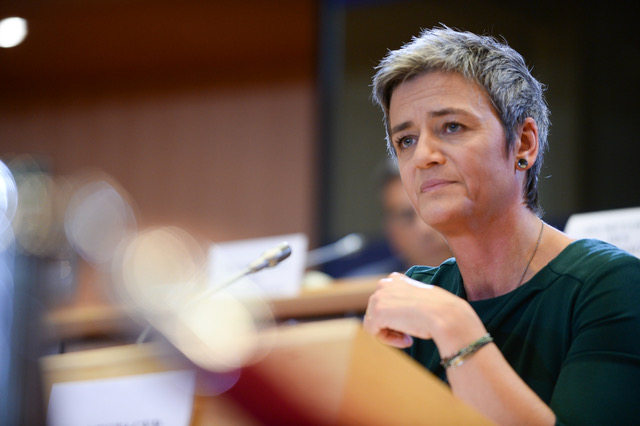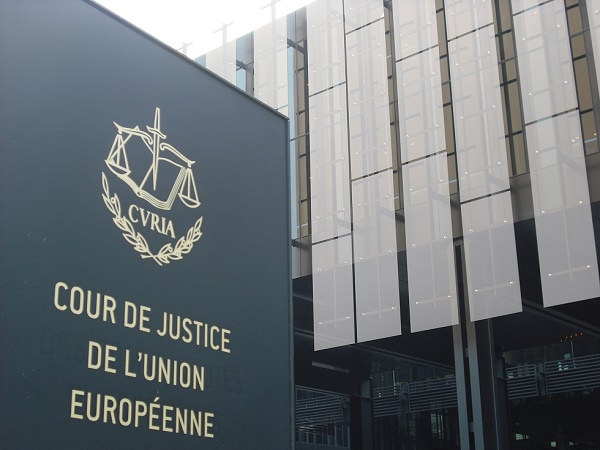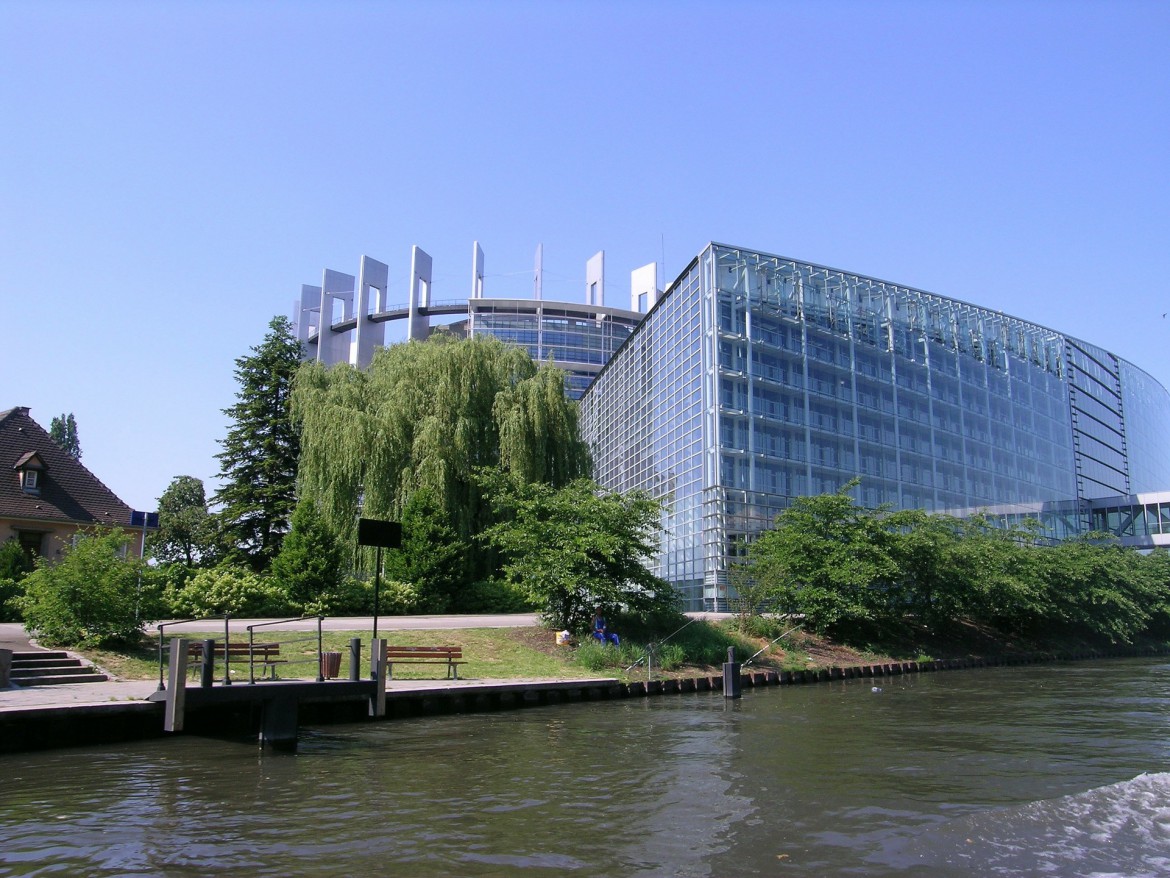Investigations
Does your MEP run a ghost office?
|
Is your member of the European Parliament a rent payer or a subsidy player? Last week the journalists of The MEPs Project revealed that one out of three MEPs across the EU does not maintain a national office or has declined to disclose its location. Citizens are now asking:
What is the address of my MEP’s national office, if any? How much of the tax-free 4342 Euro allowance per month does he or she pay in office rent? Did my MEP vote to hide or disclose how this money is spent?
